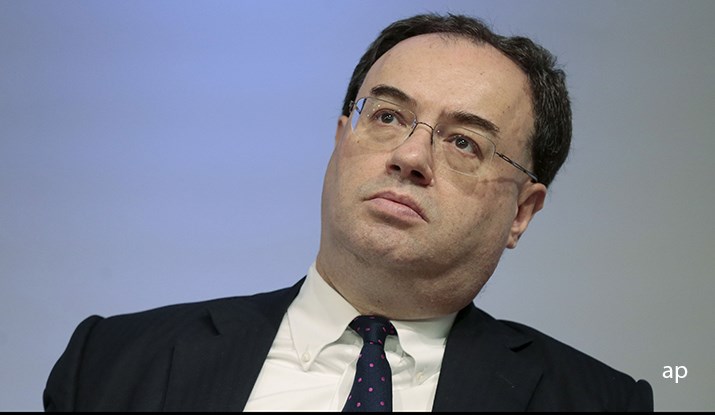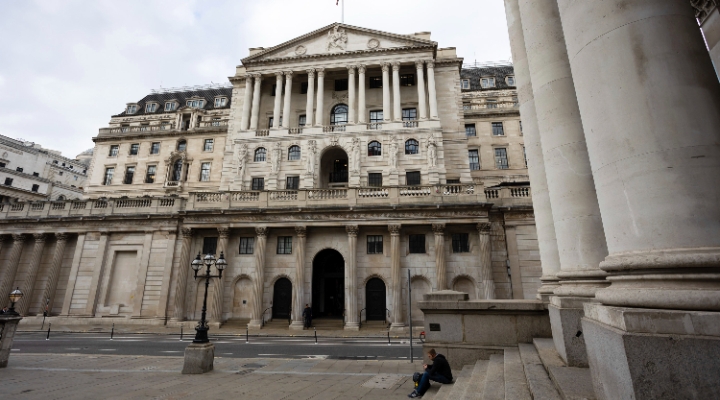
Andrew Bailey has been confirmed as the new Governor of the Bank of England, ending months of speculation ahead of Mark Carney’s departure next year.
The Chancellor, Sajid Javid, who had the final say on the appointment, said Bailey is the “stand-out candidate in a competitive field”.
Carney was due to leave at the end of January 2020 - the day Britain is scheduled to leave the European Union - but will now stay on until March 15 2020, having started the role in July 2013. When Carney became Governor, interest rates were at 0.5% and he is likely to leave with rates only slightly higher at 0.75% after a rise in August 2018.
Javid said of Carney’s tenue at the Bank: “The intellect, rigour and leadership he brought to the role during a critical time was a significant contribution to the UK economy moving to recovery and growth.”
Andrew Bailey said he intends to carry on Carney’s work at the Bank in “maintaining monetary and financial stability and ensuring that financial institutions are safe and sound”.
The announcement had been expected in the autumn but was delayed because of the General Election earlier this month. Carney had been a vocal critic of the government’s approach to no-deal Brexit, so Bailey will no doubt be drawn into the political maelstrom next year.
Safe Pair of Hands?
Bailey is regarded as a “safe pair of hands” but he has been weighed down by a number of controversies this year such as the collapse of mini-bond firm London Capital & Finance. The firm went under in January but the regulator only banned the sale of these products to retail investors in November
MPs also said the Financial Conduct Authority was too slow to act over the Woodford scandal. Nicky Morgan, the chair of the Treasury Select Committee, said in June that it was obvious in the industry that the fund manager was getting into trouble: “Does anyone in the FCA actually read the newspapers and listen to what's going on in the industry?”
This week has not been a good one for the Bank of England, either, after reports emerged that hedge funds had hacked into the Bank’s audio conference system to gain a trading advantage. While the broadcasts are made “live”, there is a five-to-eight second delay that could be advantageous to a nimble trader.
The Bank of England voted 7-2 to keep interest rates on hold this week, with two members of the Monetary Policy Committee voting for an interest rate cut. There has been criticism during Carney’s reign of “forward guidance”, where any change in interest rates is flagged early to financial markets (and linked to economic data such as unemployment). The practice has been discredited recently – with low growth, low inflation, the Federal Reserve reversing its interest rate rises and Brexit looming – the Bank has not been under pressure to raise rates.
There had been speculation that the Bank would break with centuries of tradition and appoint a female Governor, and until recently former Deputy Governor Minouche Shafik was in the frame. Dame Helena Morrissey, founder of the 30% Club and former head of personal investing at LGIM, was an early name discussed in relation to the job.





























